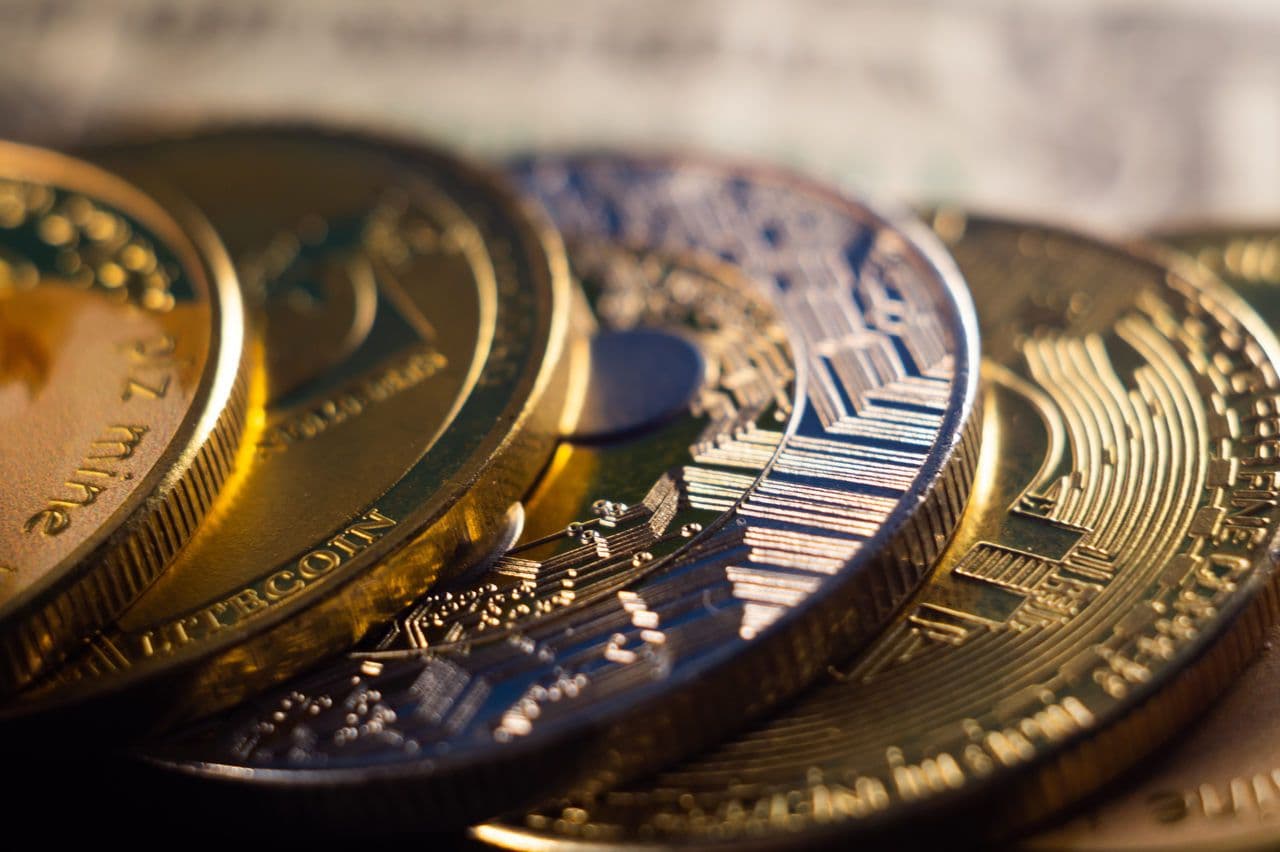Binance to Remove Three Cryptocurrencies Due to Quality Concerns
Binance decides to delist Serum, Sonm, and DFI.Money following a stringent quality assessment. Learn about the delisting process, the reasons behind the move, and the immediate aftermath on token prices.

In the ever-evolving world of digital currencies, exchanges play a pivotal role in shaping the fate of numerous tokens. One of the biggest announcements that have rocked the crypto space recently came from the globally renowned crypto exchange, Binance. The platform confirmed its decision to delist three particular cryptocurrencies later in August: Serum (SRM), Sonm (SNM), and DFI.Money (YFII). The reason? They couldn’t live up to the exchange’s quality compliance criteria.
Before we delve into the specifics of why these tokens didn’t make the cut, let’s briefly understand what Binance’s delisting process entails. Initially, Binance will halt all deposits for trading pairs associated with these tokens. Among these are SNM/BTC, SNM/BUSD, SRM/BUSD, and YFII/USDT. The halt will commence on August 22, 03:00 UTC.
Subsequently, several services connected to these tokens will be stopped. These services encompass a wide array of Binance’s offerings, namely Binance Simple Earn, Binance Loans, Binance Pay, Binance Gift Card, and Binance Trading Bots.
Interestingly, while the deposit services will see a stoppage in the following week, Binance has provided a grace period for withdrawals until November 22. But what’s crucial to note here is that post this deadline, the exchange might proceed to convert these delisted tokens into stablecoins. However, before making any such conversions, a separate announcement will be rolled out to ensure users are informed. The returns obtained from the conversion process will subsequently be added to the users’ wallet accounts.
#Binance will delist $SNM, $SRM and $YFII on August 22 at 03:00 UTC.https://t.co/qEYLeqjkXC
Diving into the Quality Compliance Concerns
Now, it begs the question: Why did these tokens get delisted in the first place? Binance, in its official press release, highlighted that these tokens didn’t match up to its high-quality standards set after a recent evaluation. This procedure isn’t arbitrary; Binance regularly carries out an assessment of digital assets to ensure they maintain the highest standards in the market.
So, how does Binance decide on the quality of a token? Multiple facets come into play. These range from the commitment of the project team, the trading volume, network strength, liquidity, public communication, to the ongoing development activities. Sadly for SRM, SNM, and YFII, they couldn’t make the mark during the latest review.
The Market’s Reaction: A Significant Price Drop
The impact of such an announcement, especially from a major player like Binance, is invariably profound on the market sentiments. Almost immediately after the news surfaced, the three tokens witnessed a drastic decline in their values, with numbers sliding deep into the red.
To shed light on the specifics: SRM‘s price was hovering at around $0.071 just moments before the big reveal. Post-announcement, its value plummeted to a staggering $0.055, marking a 22% decline.

SRM/BUSD 1W – BINANCE
On the other hand, SNM witnessed a drastic dip by 82%, descending from $0.2 to a mere $0.05.

SNM/BNB 1D – BINANCE
Lastly, YFII also bore the brunt, dropping 21% from its earlier $725 to $574.

YFII/USDT 1W – BINANCE
These weren’t the only metrics that were affected. The trading volumes of these coins saw a dramatic surge. YFII’s trading volumes surged by 584%, followed by SNM at a whopping 2499%, and SRM at 455%. These spikes clearly indicate a rush among investors to offload these assets.
Concluding Thoughts
Binance’s recent move serves as a vital reminder for investors and crypto enthusiasts about the importance of due diligence and the volatile nature of the crypto world. While the crypto market has always been known for its unpredictable swings, decisions by significant players like Binance can greatly influence the fate of many tokens. As the digital currency domain continues to mature, it’s imperative for investors to stay updated, make informed decisions, and be ready for swift market responses to industry news.





























